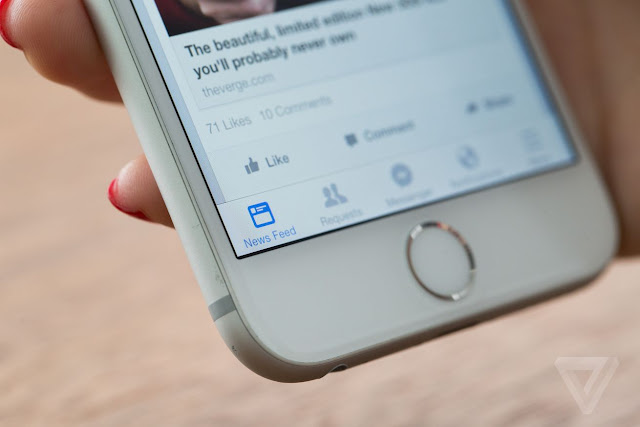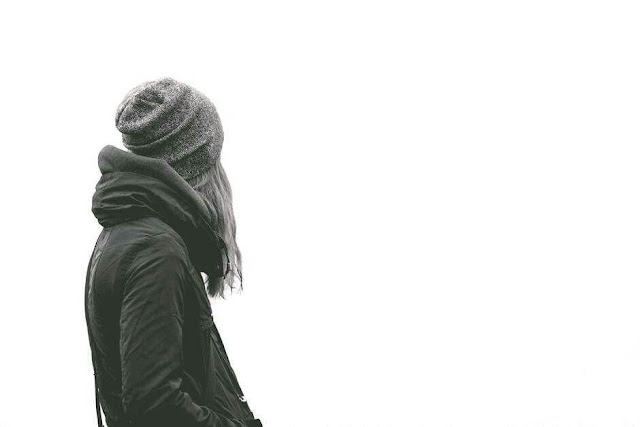Germany fears fake news issues in upcoming election
Angela Merkel this week warned that fake news and bots may influence Germany’s national elections next year, days after she announced plans to seek a fourth term as the country’s chancellor. In a speech to parliament on Wednesday, Merkel said that fake news and bots have “manipulated” public opinion online, adding that lawmakers must “confront this phenomenon and if necessary, regulate it," the AFP reports.
"Something has changed — as globalization has marched on, [political] debate is taking place in a completely new media environment. Opinions aren't formed the way they were 25 years ago," Merkel said. "Today we have fake sites, bots, trolls — things that regenerate themselves, reinforcing opinions with certain algorithms and we have to learn to deal with them."
“Opinions aren't formed the way they were 25 years ago.”
Donald Trump’s victory in this month’s presidential elections has sparked a debate over the role that fake news played in the US campaign, with some critics saying that Facebook and Twitter should do more to curb misinformation on its platforms. Facebook and Google this monthannounced that they will exclude fake news sites from their ad networks, while Facebook CEO Mark Zuckerbergsaid last week that the social network is taking steps to limit the spread of misinformation online.
Merkel’s center-right party is expected to win next year’s national elections, though the far-right Alternative for Germany (AfD) party has gained momentum amid a nationalist backlash to the chancellor’s open-door refugee policy. As Reuters reports, the AfD is also outperforming both Merkel’s Christian Democrats (CDU) and the center-left Social Democrats (SPD) on Facebook; the AfD has more than 300,000 likes on the social network, compared to 240,000 likes for the CDU and the SPD combined.
Breitbart News, the website that became a major platform for the alt-right movement in the US, announced this month that it plans to launch in both Germany and France, which is also holding presidential elections in 2017. The website, which regularly publishes racist, sexist, and xenophobic articles, has said it wants to support far-right candidates in each election in the hopes of engineering another Trump-like upset.
German officials have sharply criticized Facebook for failing to police hate speech on its platform over the past year. Last week, Justice Minister Heiko Maas said that the social network should be treated as a media company, which would make it accountable for any content published to its platform.



Comments